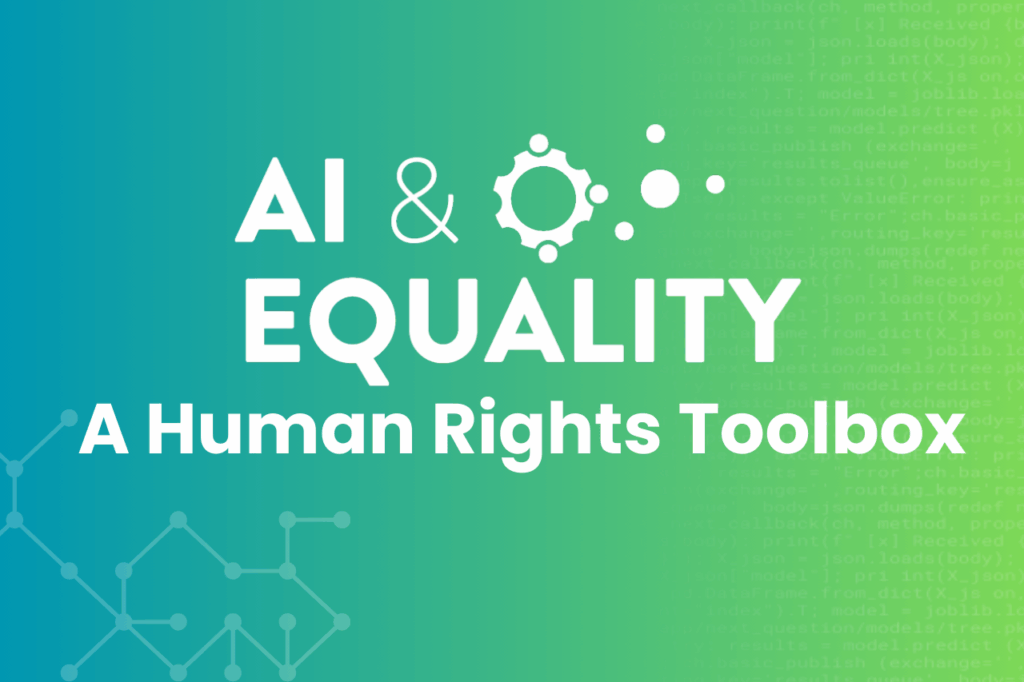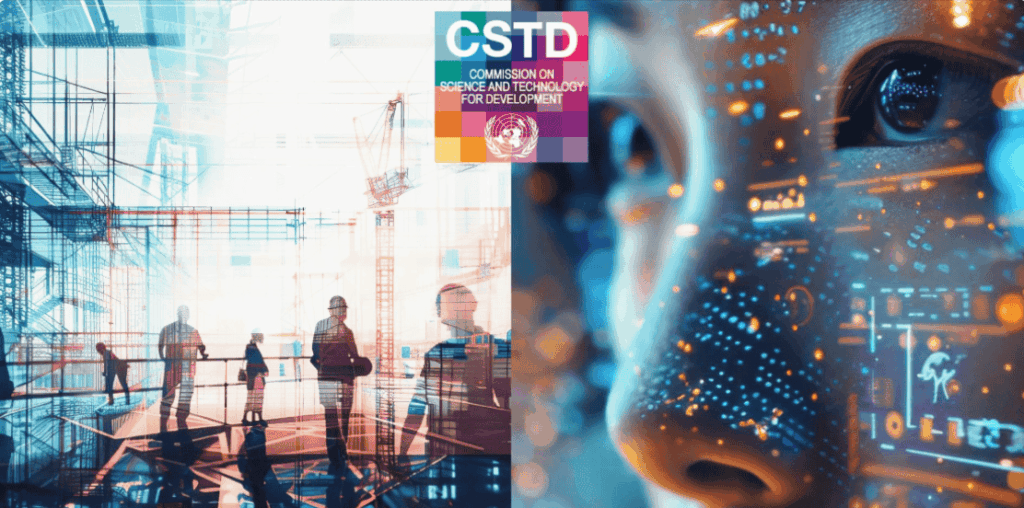We build the civic layer that makes digital public infrastructure accountable, inclusive, and rights-based from day one.
Co-Creating the Civic Layer of Digital Public Infrastructure
As Digital Public Infrastructure expands globally, rights, inclusion, and accountability can’t be afterthoughts. As AI enters healthcare, education, and governance, we need civic infrastructure to ensure digital systems empower rather than exclude.
At Women at The Table we build that civic layer: governance tools, rights benchmarks, and safety networks designed with affected communities.
What We’re Building
Governance Toolkits
Human Rights AI Benchmark
Digital Guardians
AI Sandbox
Rights-based guides for building and buying AI systems.
The first evaluation tool grounded in international rights law.
Training civic technologists to counter algorithmic harms.
Safe prototyping space for civil society organizations.
Regional partners
Africa — Kenya: African Centre for Technology Studies (ACTS)
Latin America — Chile: National Centre for Artificial Intelligence (CENIA).
Europe — Switzerland: International policy testing and standards work.
Aligned with global goals
Our work supports and advances:
- The UN Secretary-General’s Global Digital Compact
- SDG 5 (Gender Equality), SDG 16 (Inclusive Institutions), SDG 9 (Industry, Innovation, Infrastructure)
- African Union’s DPI framework and digital transformation agenda
- UNESCO’s AI Ethics Recommendations
Why this matters
Without a civic layer, DPI systems risk embedding systemic bias and eroding institutional legitimacy. Inclusion, trust, and safety must be built into the digital future—not added as afterthoughts.
Our work strengthens institutional capacity, centers affected communities, and offers concrete governance tools already in use across regions.
Get involved
We welcome collaboration with:
- DPI-aligned funders
- Multilateral and UN agencies
- Regional and national policy partners
We welcome partnerships with multilaterals, governments, and DPI-aligned donors to:
- Institutionalize rights-based AI governance tools.
- Localize benchmark testing for regional integration.
- Support civic technical capacity for inclusive governance.
Some of our DPI projects



AI & Equality Human Rights Toolbox Online Course
Advancing Human Rights in AI: Our Collaboration with the Canton of Geneva



